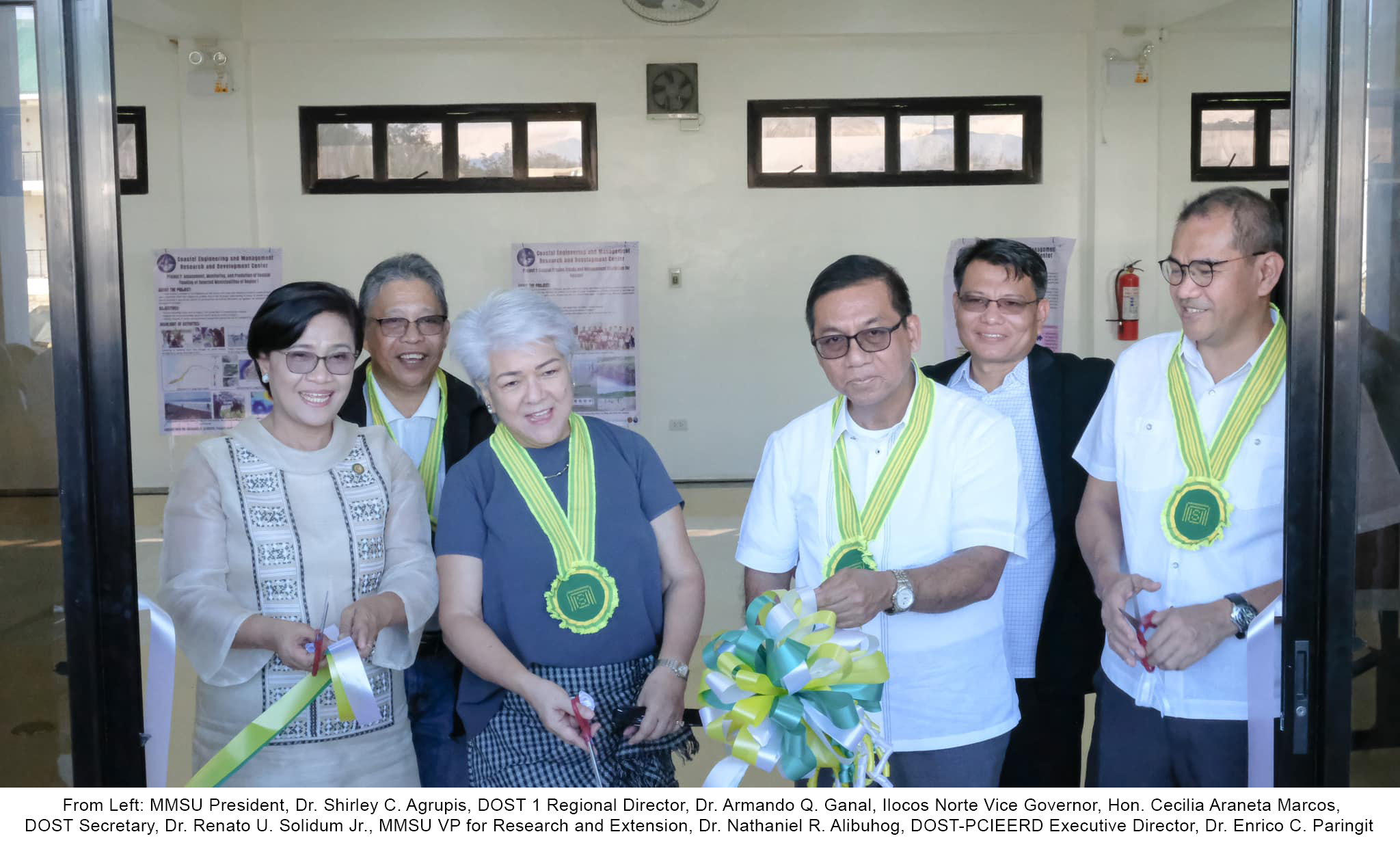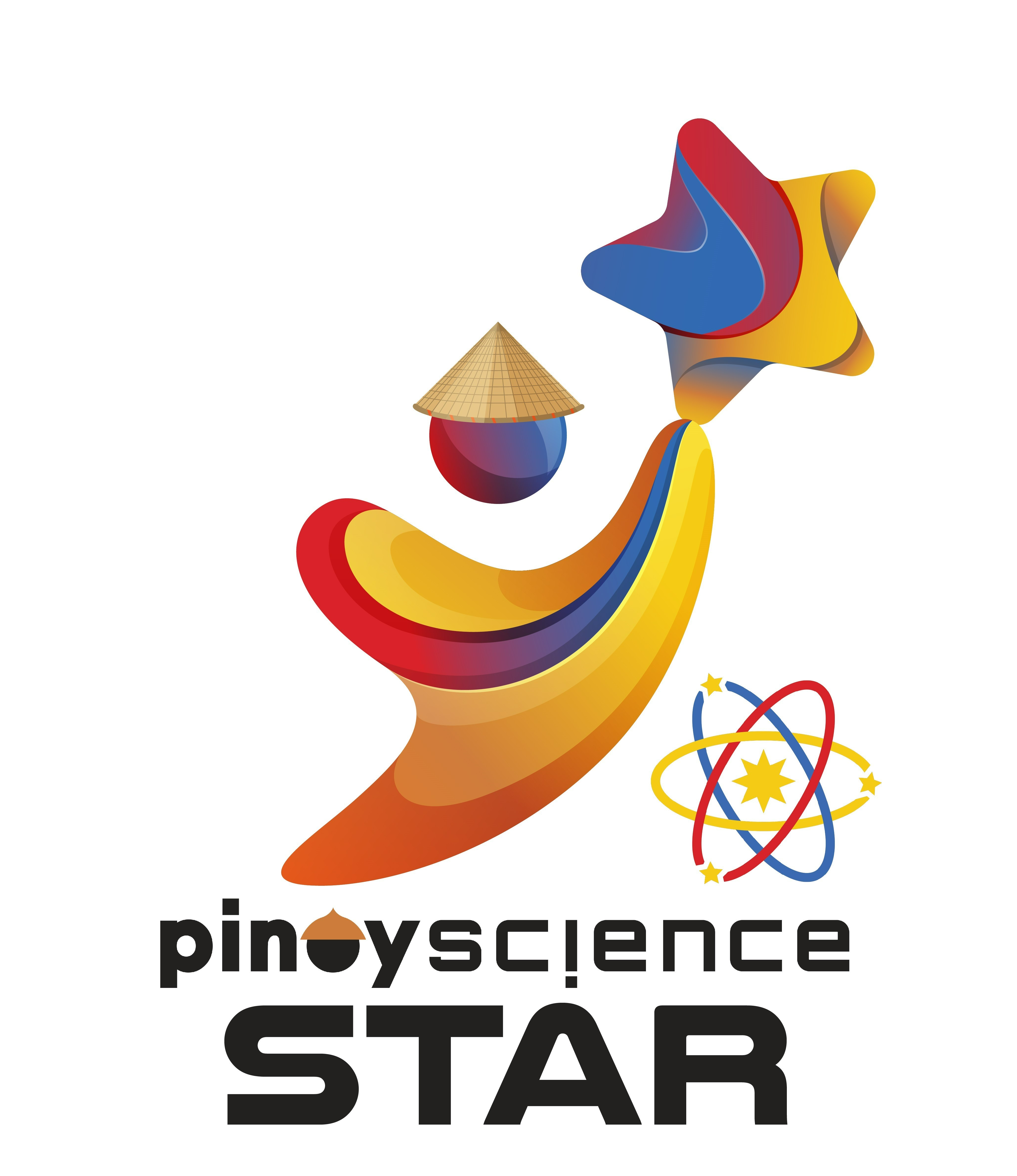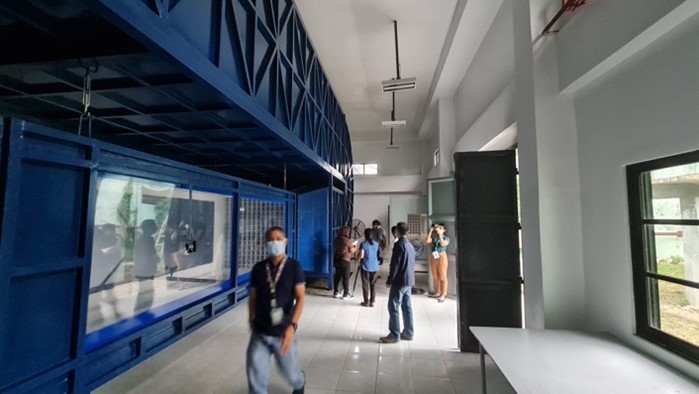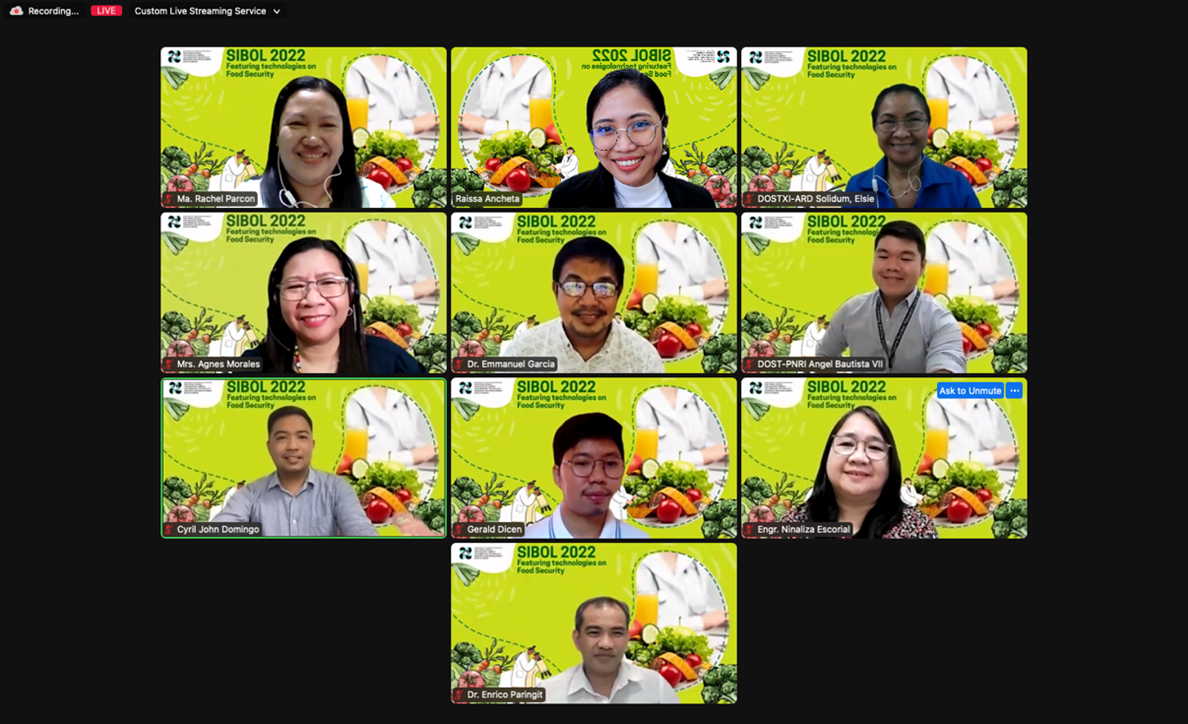Batac, Ilocos Norte – The Department of Science and Technology and the Mariano Marcos State University–Main Campus (MMSU) launched on Thursday, January 19, the Philippines' first Coastal Engineering and Management R&D Center (COASTER).
The Research Center is housed in MMSU, Batac, Ilocos Norte in partnership with the Kyoto University of Japan, University of the Philippines Marine Science Institute, Don Mariano Marcos Memorial State University, and other HEIs in Region 1.
The coastal engineering program will aid in the development of innovations to combat coastal erosion, prototype of coastal flood control infrastructure, data book of flood control structures, and coastal engineering design and guidelines handbook to promote coastal resilience.
These projects are aimed to protect resources and the coastal communities from coastal erosion and flooding through effective implementation of S&T-based coastal management.
"DOST continues to offer S&T interventions that are anchored on four thematic areas: Wealth creation, through economic development and job creation; wealth protection, through climate and disaster resilience; human well-being, through health, education, access to water and energy; and sustainability, by ensuring protection and conservation of natural resources," DOST Secretary Renato U. Solidum Jr. said.
Secretary Solidum congratulated the research team behind the COASTER led by the program leader, Dr. Nathaniel Alibuyog, for coming up with an innovative approach toward solutions to the coastal erosion threats in the Ilocos region.
"As a staunch advocate of disaster risk reduction and management (DRRM), I enjoin everyone to take part in these efforts and support the initiatives of DOST, MMSU, and the Provincial Government of Ilocos Norte. Rest assured that DOST remains committed to serving the Filipino people through science and technology," he stated.
Dr. Alibuyog stated that the establishment of COASTER is in line with DOST strategic framework, particularly with its long-term vision to provide innovative solutions that will lead to higher productivity and better quality of life especially in coastal communities.
Region 1 has the nation’s longest shoreline, at 708km, vulnerably exposed to storm surges and tsunamis.
For the past years, the region experienced high failure incidence of coastal flood control structures, for example, sea walls.
This could be attributed to the yearly occurrence of extreme typhoons and the normal tear and wear of infrastructure projects.
Thus, the need to establish the first wave flume testing facility in the country where COASTER will find ways to improve the way we design and implement our coastal infrastructure.
DOST-Philippine Council for Industry, Energy and Emerging Technology Research and Development (DOST-PCIEERD) Executive Director Dr. Enrico C. Paringit also expressed his support for this milestone.
"The Council has high hopes for the future projects of COASTER. We anticipate that more coastal communities will be empowered to use the technologies and innovations of COASTER once they become familiar with the programs, technologies, and resources that this research center provides," Dr. Paringit said.
Heads of various agencies, as well as provincial and local governments in Region I expressed support for COASTER.
DOST funded the facility through its Science for Change Program (S4CP) – Niche Center in the Regions (NICER) program and monitored by DOST-PCIEERD.







